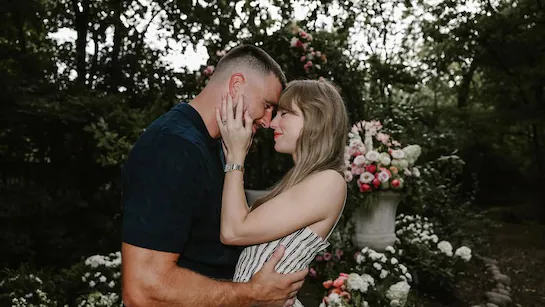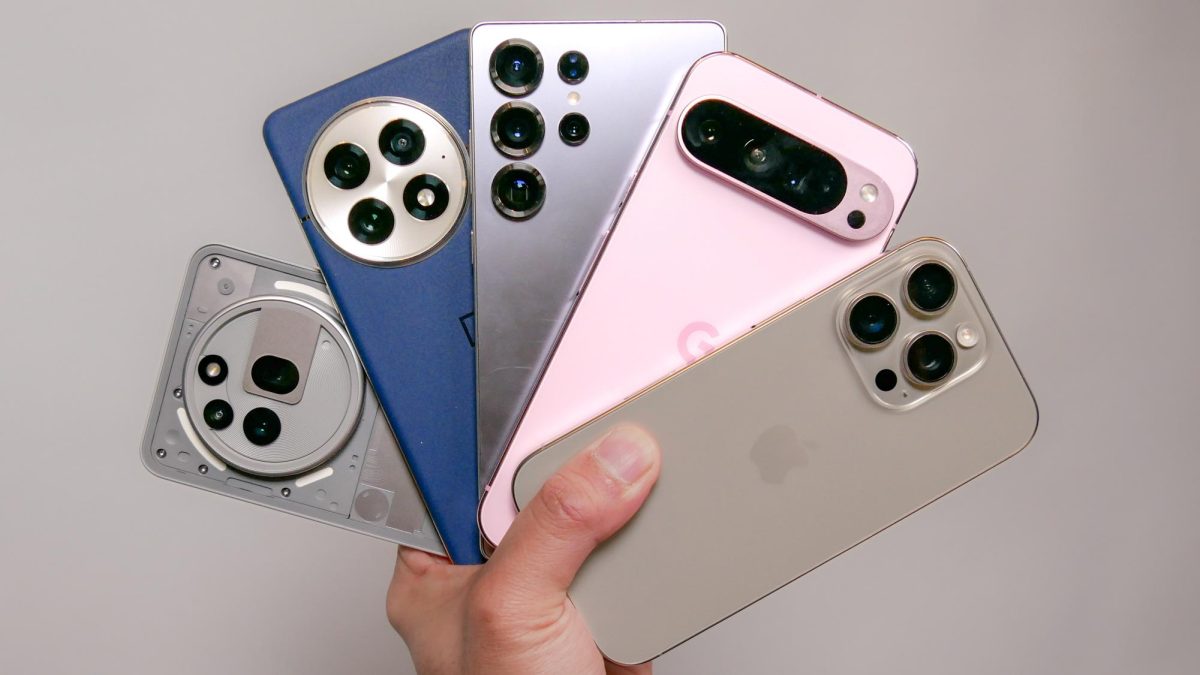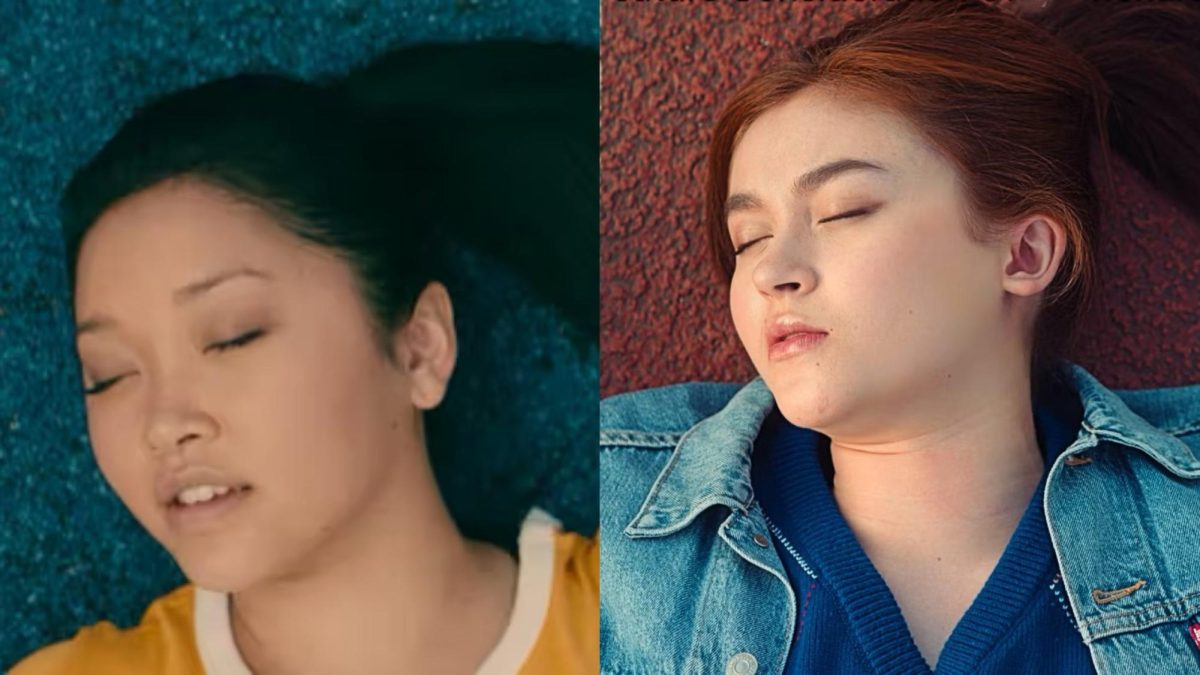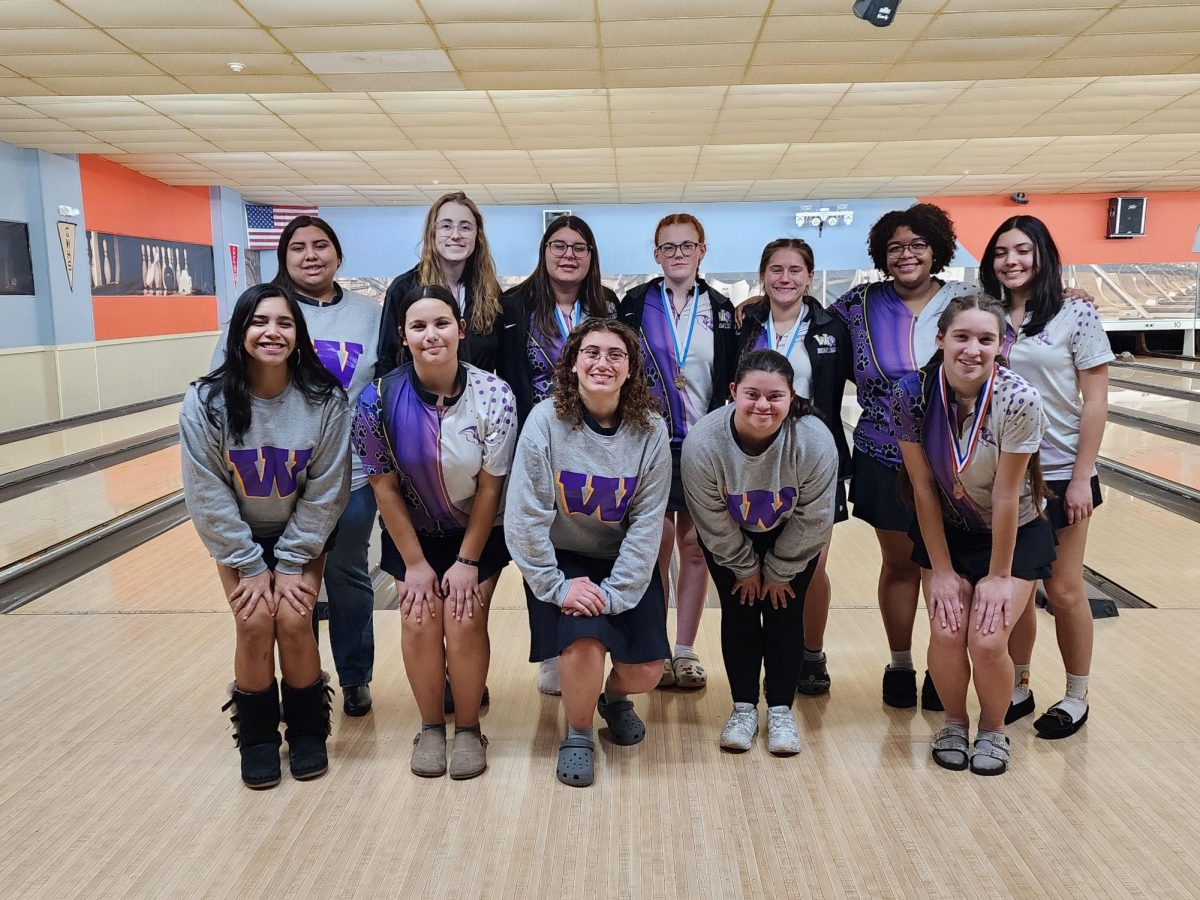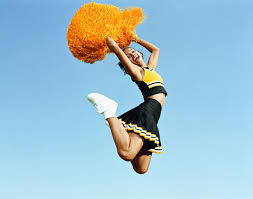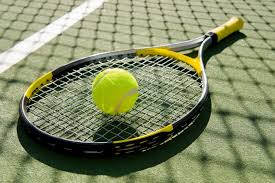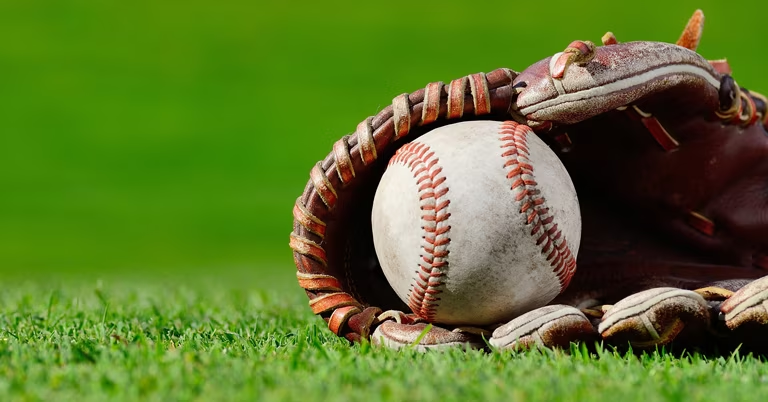In this generation Women’s sports has always been underappreciated in comparison to men’s sports. It has always been in the back of everyone’s minds. Nobody partakes in watching them and they don’t have fans like men’s sports do. Stereotypes and unfairness have always been a big challenge that women have always had to overcome. They also think that because they are women they don’t have skill or dedication to sports but they have earned equal respect, opportunities, and recognition. They also have always received fewer scholarships and lower salaries than men. Thai affects the athletes themselves but also perpetuates harmful stereotypes and limits their opportunities available in women’s sports.
One main reason for the undervaluation of women’s sports is the media. Social media and the news has always commented on women’s physical attractiveness rather than their skill levels on the fields or court. They lack representation and visibility of female athletes in general but are also only objectified women. This not only degrades the achievements that Women have made but also sends the wrong message to viewers.
There have been many female athletes who have had significant impacts on changing the way Women’s sports are perceived. Some examples include Serena Williams in tennis, Simone Biles in gymnastics, Caitlyn Clark in basketball, and Megan Rapinoe in soccer. All of these women have achieved great success in their sports but have also used their platforms to advocate for gender equality and representation in sports. Their success has helped to change the idea that Women sports are underappreciated in comparison to men’s sports and deserves more recognition. Serena Williams in particular has helped elevate the profile of women’s tennis and inspired many other females, young or old, to demand equal treatment and respect whether that be in sports or in their everyday lives. A student from Wauconda high school, Keelin Barton, tells us, “I look up to Jennie Finch because she was the first player in softball to wear bows in her hair and express herself. It made me look up to her since she inspired me to start wearing fun hairstyles and be myself even while I’m playing softball.” Keelin was not only inspired by her because of her hairstyles but how other young girls followed in her footsteps. The little things matter to help female athletes gain confidence in themselves and in the sports.
Society can also help with this by continuing to support women’s sports by promoting equal pay for female athletes, providing more media coverage and sponsorship opportunities for women’s sports. Encouraging young athletes to participate in sports is also a great way to help continue on work from other women athletes. Addressing stereotypes and discrimination will help create a more inclusive and equitable sports environment for all athletes. Educating and spreading awareness about gender equality issues will challenge and possibly break social norms. Encouraging open discussions and interviews can also help get the words out about the challenges in women’s sports. Overall, creating a more inclusive and supportive environment for women in sports is the key to overpowering the society norms and biases.

